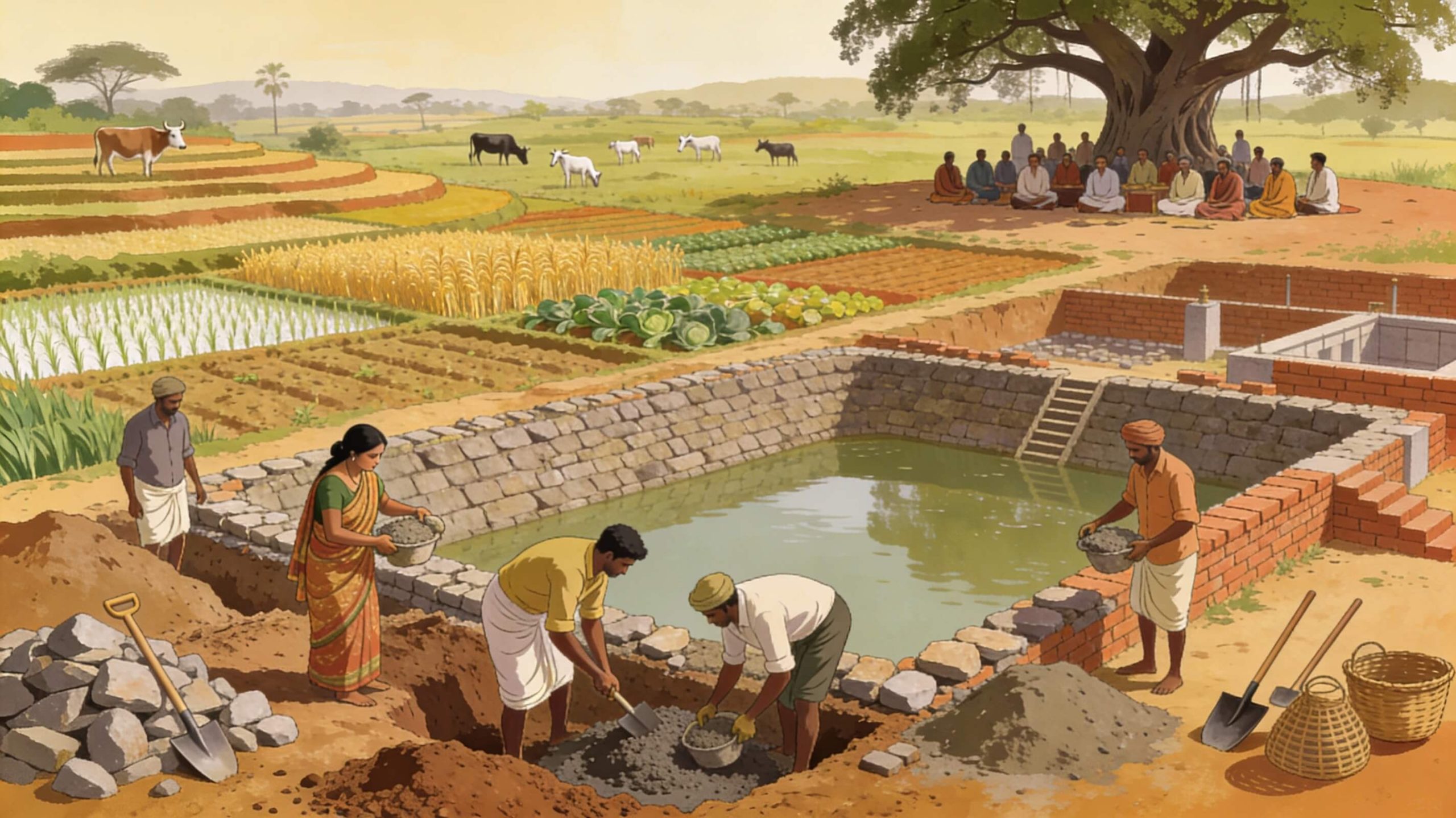The Indian government is set to enhance soybean production with improved varieties using genome editing technology. Union Agriculture Minister Shivraj Singh Chouhan announced this initiative during a meeting at the National Soybean Research Institute in Indore on June 26, 2025.
Currently, the productivity of soybean in India has stagnated, while countries like Brazil achieve higher yields. Unlike Brazil, India does not use genetically modified (GM) soybean seeds. However, the government plans to adopt genome editing techniques to develop high-yielding soybean varieties. Genome editing allows scientists to make specific changes to a plant’s DNA, leading to desired traits in crops.
Chouhan highlighted the importance of raising soybean productivity while also reducing cultivation costs. He mentioned that research projects will focus on the needs of soybean farmers, ensuring that cultivation practices are adapted accordingly.
“Soybean is a major source of protein. We aim to promote the production of quality soybean-based products and increase soybean meal exports,” Chouhan stated. This move comes as India continues to import over 60% of its edible oil requirements, including palm oil. The government is working on policies to balance domestic production and imports while ensuring fair prices for farmers.
The minimum support price (MSP) for soybean has been set at ₹5,328 per quintal for the 2025-26 kharif marketing season. This is an increase of ₹436 from the previous season’s MSP of ₹4,892 per quintal. Chouhan assured that the government would ensure soybean procurement at this minimum support price, addressing concerns about low prices caused by cheap oil imports.
Increasing the yield of soybeans is vital for both farmers and consumers. Soybeans not only provide oil but also serve as an important source of protein in many diets. The initiative to develop improved varieties through genome editing aims to make India self-sufficient in soybean production, reducing reliance on imports.
Research in soybean genetics has been ongoing globally, with scientists in other countries also making advancements through similar techniques. For instance, researchers in China have successfully used gene editing to create soybean varieties with higher yields and protein content. These developments are crucial as they contribute to global food security and enhance the nutritional value of soybeans.
The Indian government’s commitment to improving soybean production aligns with global trends in agricultural technology. As farmers adopt these new varieties, they can expect better yields and improved quality, ultimately benefiting the economy and food supply. The focus on genome editing represents a modern approach to agriculture, showcasing how technology can solve longstanding challenges in crop production.
In conclusion, the enhancement of soybean varieties through genome editing technology is a promising development for Indian agriculture. This initiative not only aims to boost soybean yields but also seeks to ensure fair prices for farmers and improve the overall quality of soybean-based products in the market. As India works towards becoming self-sufficient in edible oil production, these advancements will play a crucial role in shaping the future of soybean farming in the country.





